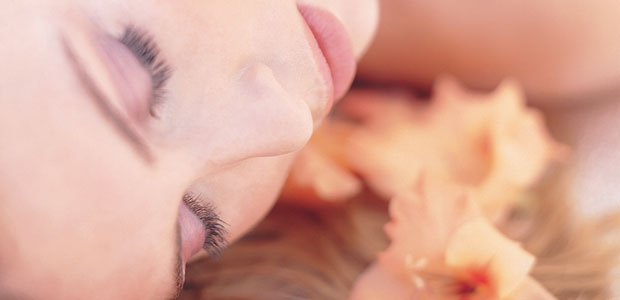Advertisement
The Organic Minefield
Organic beauty products are so popular that, with high-profile designers like Stella McCartney leading the way, mass manufacturers are scrambling to jump on the organic beauty bandwagon. But don’t be seduced by slick marketing campaigns and carefully phrased packaging using the words “natural” or “pure” to appear eco-friendly. The use of the word “natural” is … Continued

Organic beauty products are so popular that, with high-profile designers like Stella McCartney leading the way, mass manufacturers are scrambling to jump on the organic beauty bandwagon.
But don’t be seduced by slick marketing campaigns and carefully phrased packaging using the words “natural” or “pure” to appear eco-friendly.
The use of the word “natural” is completely unregulated. Any manufacturer can toss a few plant-based ingredients into a product and call it “natural,” even if the product also contains toxic chemicals. Instead, look for beauty products that are labelled “certified 100 percent organic.” They contain organic vegetable oils and herbal extracts that are not only richer in vitamins and nutrients but safer because they are not exposed to cancer-causing pesticides.
Also check the extraction method used to derive the natural ingredients, as various extraction methods affect the efficacy of the ingredient. Oil or wax extraction from a plant using either chemical solvents or extremely high heat destroys the plant’s botanical properties. Look for the words “cold-pressed” on labels–if they’re not there, toss the product aside and keep shopping.
Choose products that use essential oils as a natural preservative. Synthetic preservatives will give products a longer shelf life, but may contain carcinogenic ingredients. Essential oils have been extracted from the leaves and buds of flowers in a steam-distillation process and are truly natural.
Your skin absorbs over 50 percent of the cremes and lotions you put on it. When shopping for beauty products, just think of this: if you wouldn’t eat it, why would you smear it on your skin?
What Beauty Product Labels Mean
- 100 percent organic: contains 100 percent organically produced ingredients (excluding water and salt).
- Certified organic or Eco cert: contains at least 95 percent organic ingredients (excluding water and salt).
- Made with organic ingredients: contains at least 70 percent organic ingredients.
- Hypoallergenic: implies that products are less likely to cause allergic reactions.
- Alcohol-free: contains no ethyl alcohol (or grain alcohol).
- Fragrance-free: implies that product has no perceptible odour.
- Noncomedogenic: suggests that products do not contain common pore-clogging ingredients that could lead to acne.
- Cruelty-free or No new animal testing: implies that products have not been tested on animals.




